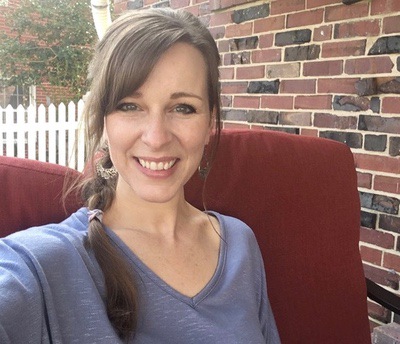
Rachel E. Hicks
Poetry
Rachel E. Hicks’s poetry has appeared in Little Patuxent Review, Relief, St. Katherine Review, Gulf Stream, and other journals. She won the 2019 Briar Cliff Review annual fiction contest, and her poems have been finalists in other poetry contests. She is an associate editor at Del Sol Press and works as a freelance copyeditor. Having lived in seven countries, she explores themes of displacement, worldview, and connection in her writing. Some of her favorite things: electric scooters, Sichuan food, and hiking. Find her online at rachelehicks.com.
Accumulated Lessons in Displacement
“ When I was fourteen, my family and other foreigners were evacuated from Kinshasa, Democratic Republic of Congo, following a week of violent rioting and looting of the city by soldiers and civilians fed up with corrupt government and skyrocketing inflation (I blogged about it here). That experience of abrupt displacement—coupled with my life as a global nomad—gives me a deeper empathy for others who have been displaced. This poem grew out of my own lessons learned, the experiences of dear Bosnian refugee friends, and stories I’d read of Syrian refugees’ experiences over the last few years. It takes the long view, looking at what settles, what emerges, what remains, and what connects or distances us from one another in displacement. I’m grateful for the Maryland literary community’s generosity in giving space and encouragement to writers from elsewhere. ”
